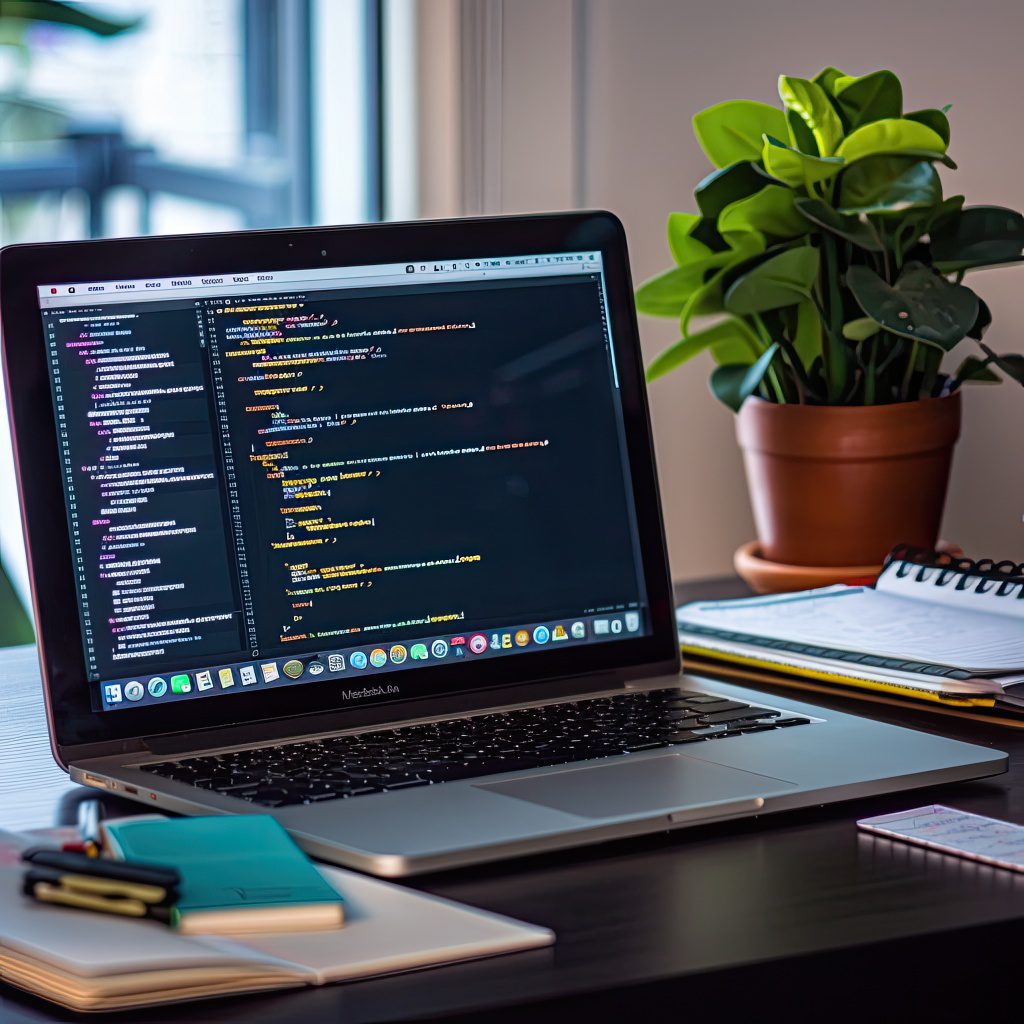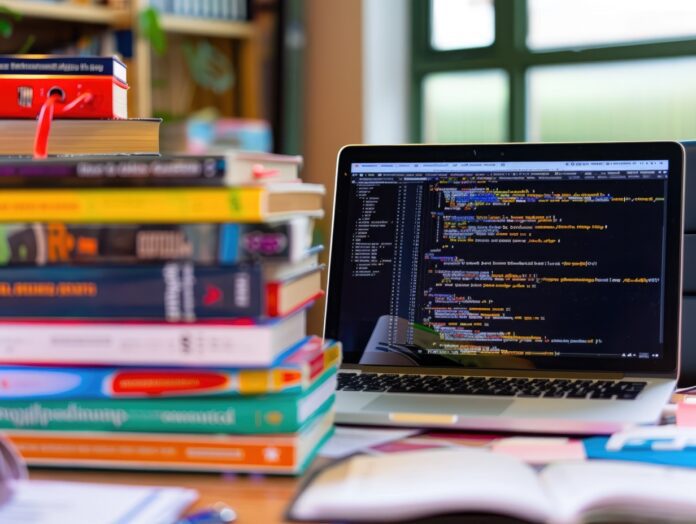In the world of software development, adhering to programming guidelines is crucial for writing clean, efficient, and maintainable code. These guidelines encompass best practices, coding standards, and techniques that every developer should follow to ensure successful project outcomes. This introductory post will explore the fundamental principles of programming guidelines and lay the groundwork for more detailed discussions in future posts.
1. Importance of Programming Guidelines
Programming guidelines play a vital role in the software development lifecycle. They help maintain consistency across codebases, reduce errors, and improve collaboration among team members. By following these guidelines, developers can write code that is easier to understand, debug, and maintain.
Consistency and Readability
Consistency in coding style makes it easier for developers to read and understand each other’s code. This is especially important in collaborative environments where multiple developers work on the same project. Consistent code is more readable and reduces the cognitive load required to comprehend complex logic.
Error Reduction
Adhering to coding standards and best practices helps minimize common programming errors. By following established guidelines, developers can avoid pitfalls that lead to bugs, security vulnerabilities, and performance issues. This results in more robust and reliable software.
Maintainability
Well-structured code is easier to maintain and extend. Programming guidelines promote writing modular, reusable, and well-documented code. This makes it easier to implement changes, add new features, and fix bugs without introducing new issues.

2. Best Practices for Writing Clean Code
Clean code is the hallmark of a professional developer. It is easy to read, understand, and maintain. The following best practices are essential for writing clean code:
Meaningful Variable Names
Use descriptive and meaningful variable names that convey the purpose of the variable. Avoid using single-letter names or cryptic abbreviations. Meaningful names improve code readability and make it easier to understand the code’s intent.
Consistent Naming Conventions
Follow consistent naming conventions for variables, functions, classes, and other identifiers. Common conventions include camelCase, PascalCase, and snake_case. Consistent naming conventions make the code more predictable and easier to follow.
Modularization
Break down the code into smaller, reusable modules or functions. Each module should have a single responsibility and be as self-contained as possible. Modular code is easier to test, maintain, and extend.
Comments and Documentation
Write clear and concise comments to explain complex logic or important decisions in the code. Additionally, provide comprehensive documentation for the codebase, including function descriptions, parameters, and return values. Comments and documentation help other developers understand the code and its purpose.
Avoiding Code Duplication
Refrain from duplicating code by using functions, classes, or modules to encapsulate reusable logic. Code duplication increases the maintenance burden and the risk of introducing inconsistencies and bugs.
3. Adhering to Coding Standards
Coding standards are a set of guidelines that dictate the coding style and practices for a particular programming language or project. Adhering to these standards ensures consistency and improves code quality. Some common coding standards include:
Indentation and Spacing
Use consistent indentation and spacing to structure the code. This improves readability and makes the code visually appealing. Most coding standards recommend using either spaces or tabs for indentation and specify the number of spaces per indent level.
Line Length
Limit the length of lines of code to a maximum number of characters, typically 80 or 120. This prevents horizontal scrolling and makes the code easier to read on different screen sizes and editors.
Brace Style
Follow a consistent brace style for code blocks, such as the K&R or Allman style. Consistent brace style helps developers quickly identify the beginning and end of code blocks.
File Organization
Organize the code files logically, grouping related functions, classes, or modules together. This makes it easier to navigate the codebase and find specific code segments.

4. Code Review and Collaboration
Code reviews are an essential part of the software development process. They involve examining code changes made by other developers to ensure adherence to coding standards, identify potential issues, and share knowledge. Effective code reviews contribute to higher code quality and foster a collaborative development environment.
Peer Reviews
Conduct peer reviews regularly to catch errors and improve code quality. During a peer review, developers review each other’s code, provide constructive feedback, and suggest improvements. Peer reviews promote knowledge sharing and help maintain coding standards across the team.
Automated Code Review Tools
Leverage automated code review tools to enforce coding standards and detect potential issues. Tools like ESLint, Pylint, and SonarQube can analyze code for style violations, potential bugs, and security vulnerabilities. Automated tools complement manual reviews and provide continuous feedback.
5. Continuous Learning and Improvement
The field of software development is constantly evolving, with new tools, frameworks, and best practices emerging regularly. Developers should commit to continuous learning and improvement to stay up-to-date with the latest trends and advancements.
Participating in Communities
Join developer communities, attend conferences, and participate in online forums to stay informed about the latest developments in programming. Engaging with the community provides opportunities to learn from experienced developers and share knowledge.
Reading Technical Books and Articles
Read technical books, articles, and blogs to deepen your understanding of programming concepts and best practices. Many industry experts share valuable insights and tips that can help you improve your coding skills.
Experimenting with New Technologies
Experiment with new programming languages, frameworks, and tools to broaden your skillset. Building side projects and contributing to open-source projects are excellent ways to gain hands-on experience and apply what you’ve learned.
Conclusion
Programming guidelines are the foundation for writing clean, efficient, and maintainable code. By adhering to best practices, coding standards, and continuous learning, developers can ensure the success of their software projects. This introductory post sets the stage for more detailed discussions on specific programming guidelines in future posts. Stay tuned for in-depth explorations of various programming concepts and techniques that will help you become a better developer.



